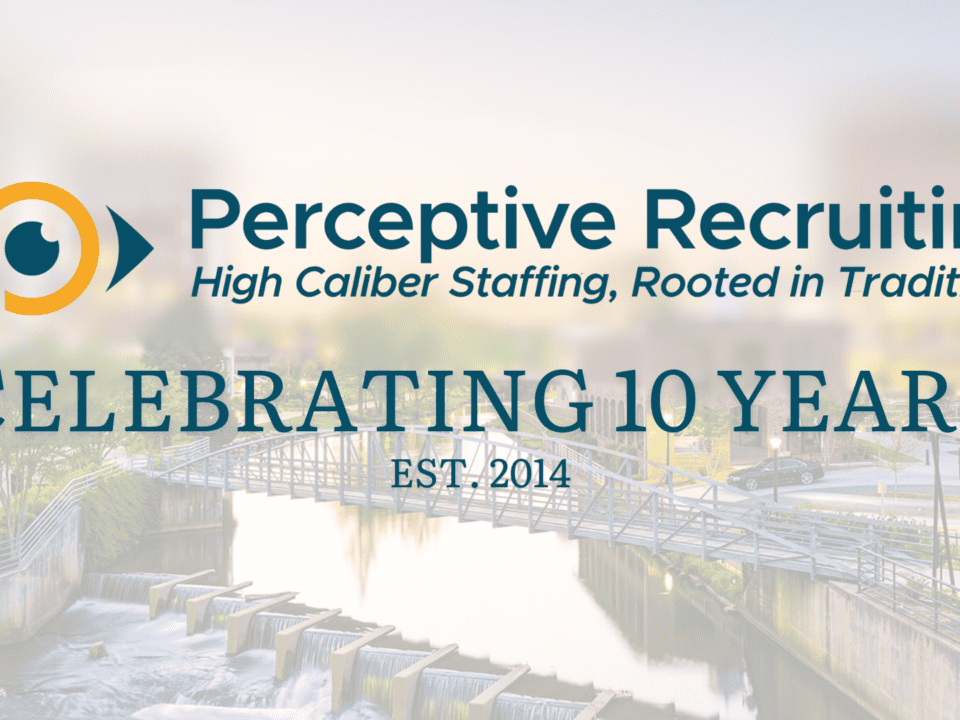Information Technology is in Every Industry, Including Yours

Information Technology is a broad field with many different subspecialties. Information Technology is also one field that fits within pretty much every single industry you can think of. When you think of IT, you likely imagine custom software development, website creation through custom code, or the providing of infrastructure for complex networks and servers. You probably also think of cutting-edge companies like Apple, SAP, and Microsoft. But all of this encompasses a small fraction of what exists under the IT umbrella.
Here are some examples of other industries you might find IT in and where within those organizations it exists:

Financial Services
Financial services organizations often have a growing need for high-speed risk evaluation, security professionals who build firewalls and ensure secure connections (like encryption) to help protect customer information. Loan origination systems, which help the company perform the very essential functions of their business, are also managed by teams of IT professionals who help keep the train running smoothly and mitigate any issues end users face in their day-to-day work.
Healthcare
Yes, you see your doctor walk around with a computer or tablet to enter your information in to when you go in for a check up or when you’re sick. But IT in healthcare goes much further. Healthcare organizations might need software engineers who build secure portals for those confidential patient records, and file transfer professionals who help securely transfer that data to where it is wanted or needed.


Manufacturing
In manufacturing, you see lines of products being created that you later purchase at a store. But, what really happens is mostly governed by complicated technology. Large scale ERP systems tracking inventory, third party purchasers, logistics, and personnel management software that tracks hours worked, safety incidents, locations, even contact tracing that was rolled out during the Covid-19 pandemic to help track the spread of communicable illnesses and isolate those who are sick or potentially sick.
Distribution
Distribution companies also utilize ERP systems, branch off into warehouse management systems and specific tracking. These are complex systems tracking large volumes of inventory and how they move, IT professionals keep it on the rails and help users ensure they are using it correctly. A lot of tech is used on smart devices now, something that sometimes requires in-depth training.


Retail
Even retail requires a network of IT professionals. Point of Sale (POS) systems have user interfaces that are tailored to the store and it's products. POS system providers offer technical troubleshooting to support their devices. Retail organizations also utilize inventory tracking, team radio networks, and HR solutions that track employee work hours, sick leave/PTO, and paychecks.
Universal Information Technology
Almost everyone needs a help desk team, someone to maintain and manage the systems your business uses to run day to day operations, and someone who builds and maintains the website consumers use to find and interact with your business. If you use any kind of high level business software, you will likely need Business Analysts and Project Managers who manage processes and solution turnaround. Developers who create commands and logic in your software, Quality Assurance professionals who test data and code to find problems before they impact the business, and a plethora of strategy level managers who help shape the vision of the next best version of your solutions and build the teams are all examples of pure Information Technology job roles.

Because of the high level of technical knowledge needed to perform these jobs, many HR departments in non-technical industries might find it difficult to find the right fit for their needs. It takes time to learn the ins and outs of technology, and it changes at a rapid pace (more than any other industry). This is where highly specialized recruiters comes in, they have worked to fill all kinds of roles in the tech industry and have had the time to study the technology needs. Technical recruiters can “talk the talk” and can often translate what you feel your needs are into the technical terminology candidates understand, then translate back when sending in candidates for review by an internal team.
Technical recruiters also house a bank of candidate information that makes searching for the right employee easier, as well as the in-depth understanding of the current market conditions that will affect how they find those candidates and knowledge about what you might need to adjust to help attract those candidates to your organization.
If you work in a non-technical industry and have found you might need some help navigating the waters on filling technical roles, you might want to consider working with a specialized technical recruiter. The Perceptive Recruiting team has more than 25 years of technical recruiting experience in the Greenville area, surrounding markets, and houses a bank of resources spanning the whole of the United States. We pride ourselves on building relationships and matching high-quality candidates with our clients. We work with our partners every step of the way to provide a valuable, personalized process. Our team speaks with technical professionals every day, investigates new or obscure technologies as they come to the market, and asks the right questions to find the perfect fit for your organization and its technical needs. Let us put our expertise to work for you today.
Contact us
Our address
5 Creekside Park Ct, Suite G, Greenville, SC 29615
Phone
(864) 908-0105



